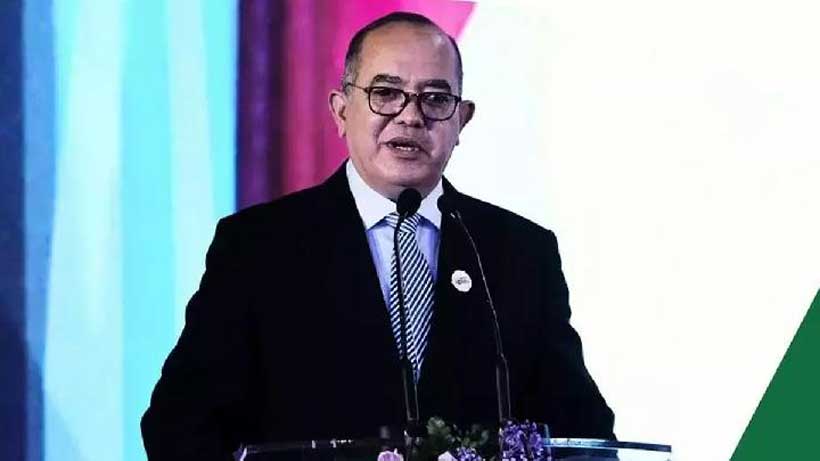Corporate liability and public accountability remain the missing pieces in Indonesia’s state-owned enterprise reform. The resignation of Joao Angelo de Sousa Mota from the position of President Director of PT Agrinas Pangan Nusantara can be interpreted as a form of moral responsibility due to failure to maintain food security. This emerged in the midst of the dominance of large rice mills that suppressed the bargaining position of small farmers. While this step can be seen as an effort to maintain the company’s personal image and good name, from a business law perspective, it is not the final answer to fundamental governance issues. The principles of Good Corporate Governance (GCG) transparently emphasize accountability, not just avoiding the public spotlight. Therefore, this step should be accompanied by a legal accountability mechanism so that the trust of stakeholders, especially farmers, is not further eroded.
State Mandate to Protect Farmers
In the context of farmer protection and national food security, Article 3 of Law Number 19 of 2013 concerning the Protection and Empowerment of Farmers emphasizes that the state is obliged to provide business certainty and price protection and strengthen the bargaining position of farmers. However, the case of the resignation of the directors of the food BUMN shows the opposite reality. Smallholders remain the most disadvantaged, especially when faced with large-scale rice mills that take advantage of government subsidies to buy grain at low prices.
In addition, in terms of food security, Article 2 of Law Number 18 of 2012 concerning Food emphasizes that the state is responsible for ensuring the availability, affordability, and sustainability of food for all people. However, the facts show that about 90% of the control of the food sector is controlled by the private sector, while the government only controls about 10%. This inequality is not just a number but a serious threat to national food sovereignty. If this pattern continues, small farmers will lose independence, and the state will become dependent on the dominance of private corporations. If the government does not fulfill its constitutional mandate to protect the interests of farmers and guarantee food as a human right, this can harm the rights of the people.
Legal Dimension and Corporate Liability
In the company’s legal system, Article 92 paragraph (1) of Law Number 40 of 2007 concerning Limited Liability Companies, juncto Law Number 6 of 2023, emphasizes that the Board of Directors manages the company for the interests and purposes of the company. Furthermore, Article 97 paragraph (2) states that the Board of Directors is obliged in good faith and full responsibility to carry out its duties for the benefit of the company. This principle is known as fiduciary duty, which is the obligation of the board of directors to act with loyalty and prudence and prioritize the interests of the company over personal interests.
Joao’s resignation can be seen as a form of fiduciary duty, but is this step enough to answer the failure of governance? In many practices, resignation is often considered a form of corporate liability, a sign that the leader should be held accountable even if he is not directly involved in operations. However, in the context of governance failure, this is not enough. Changing figures without structural reform risks reinforcing a culture of symbolic accountability.
International Practice and Reform Recommendations
In comparison, South Korea has a public engagement mechanism that allows the public to submit a public audit of state companies. Meanwhile, in the UK, the UK Corporate Governance Code requires information disclosure, the establishment of independent committees, and publicly accessible accountability reporting.
Indonesia can adopt similar practices through:
Independent governance audit for strategic SOEs.
Public and parliamentary oversight through transparent indicators.
Legal sanctions for violations of fiduciary duty in accordance with Article 97 paragraph (4) of Law Number 40 of 2007 are not just moral responsibility.
Protection of farmers through fair contract instruments and guarantee of minimum grain prices in accordance with the mandate of Article 7 of Law No. 19 of 2013.
Digitize the food supply chain to prevent monopoly practices and price games.
The Agrinas case must be a systemic momentum, not just a personal drama. The resignation of the board of directors should be seen as an alarm to strengthen the governance, legal accountability, and structural reforms of BUMN. Without it, the failure of BUMN will continue to be repeated, with the biggest impact hitting smallholders and damaging the foundations of national food security.


